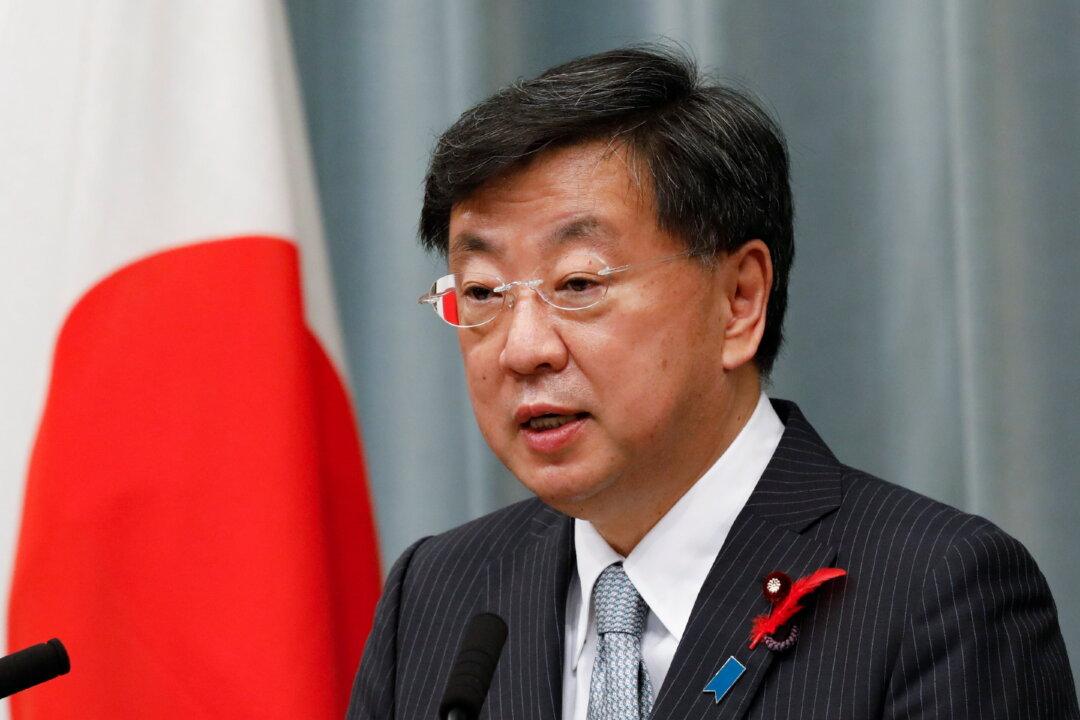The government of Japan is seeking to revise its foreign exchange laws to block Moscow from evading sanctions by using cryptocurrencies.
A revised version of the Foreign Exchange and Foreign Trade Act will be presented by the government at the current session of parliament, Chief Cabinet Secretary Hirokazu Matsuno said at a press conference. At a parliament session on Monday, Prime Minister Fumio Kishida also stressed the need to amend the law and coordinate moves with Western allies.





